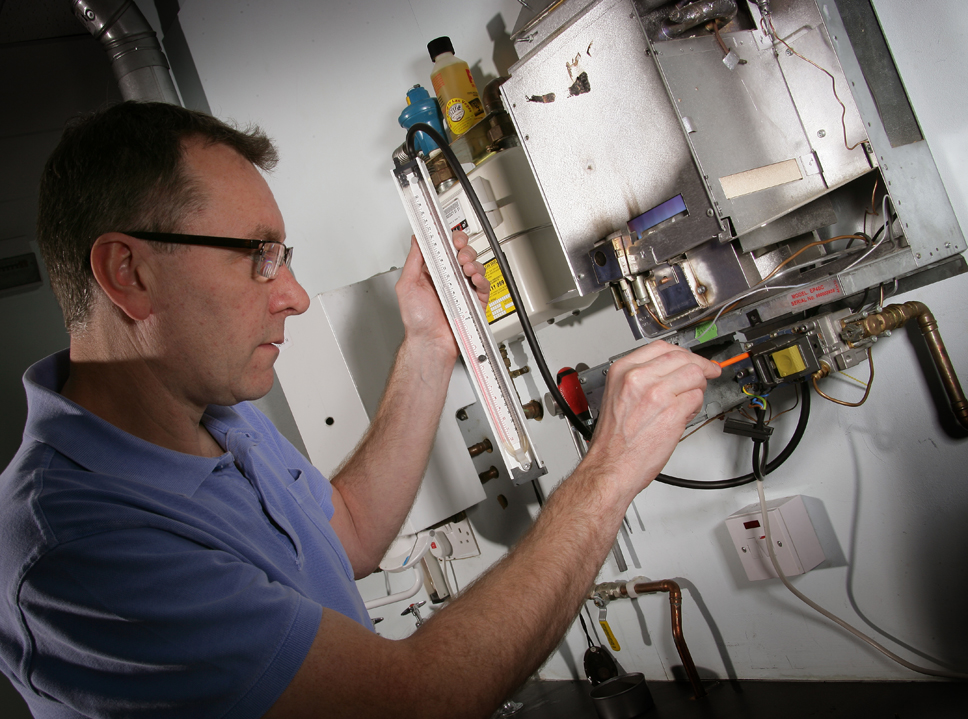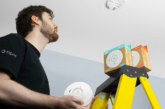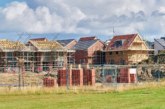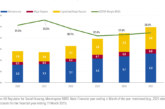
Unsafe gas appliances put lives at risk, and landlords have a responsibility to keep tenants safe. Mark Krull, director at Logic4training, provides an overview of what social housing providers need to do to comply with the law and what is considered best practice.
Residential properties are full of risks and hazards, so for landlords, who have a legal responsibility towards their tenants, the stakes are high. According to HSE, about 14 people each year die and countless others suffer ill health from carbon monoxide poisoning caused by gas appliances or flues which have not been properly installed or maintained. Cases such as this can be treated as a criminal offence by the UK courts, and in worst case scenarios could result in manslaughter charges.
To mitigate this risk, landlords need to be aware of the laws that apply to them, as well as the extra precautions they can take in order to protect themselves and their tenants.
The Gas Safety (Installation and Use) Regulations 1998
These regulations set out the main gas safety duties placed on gas users, installers, suppliers and landlords from across the whole rented sector, from residential premises provided for rent by local authorities and housing associations to bed-and-breakfast and holiday lets. Under the regulations, landlords are required to:
- Have an annual gas safety check
- Obtain Landlord’s Gas Safety Certificate
- Carry out any required maintenance.
Annual gas safety checks
Landlords must arrange for a suitably qualified and registered engineer to visit the property to inspect the gas appliances and issue a Gas Safety Certificate. The engineer will check the safety of all pipework, appliances and flues. If there is a simple problem, the engineer may fix this on the spot. Alternatively, the details of more complex issues will be included as repair and maintenance recommendations in the safety report.

Landlords’ Gas Safety Certificate
Once the annual check has been carried out, the gas engineer will fill in the Gas Safety Certificate, a standardised document confirming that all relevant safety checks have been carried out and the rental property meets all legal requirements. It contains the following information:
- Gas engineer’s name, signature and registration number. Always ask to see the Gas Safe Register ID card of any engineer that arrives to work on your property.
- Address of the rented property.
- Landlord’s contact details.
- Date of inspection.
- Description of all gas appliances, and their location in the property.
- Details of any defects or irregularities, repairs undertaken on the spot and repairs that need to be carried out.
- When the appliances need to be serviced again.
The certificate is valid for 12 months and must be kept by the landlord for a minimum of two years — the gas installer must keep hold of this too. A copy must be issued to tenants within 28 days.
Safety checks and services
Landlords must ensure that all gas appliances are maintained in a safe condition, which usually involves carrying out a service in accordance with manufacturer’s instructions. It should not be assumed that the annual gas safety check will be sufficient to satisfy maintenance requirements as a manufacturer’s service will check extra things such as combustion gases and effectiveness of seals, gaskets etc.
Equally, service and maintenance checks may need to be carried out more regularly than the annual gas safety check and landlords and tenants should be vigilant at all times to maintain safety standards. Appliances not functioning properly, lazy yellow flames, black marks or stains, or increased condensation in the room are all signs that things are not as they should be and action is required.
The ‘silent killer’
Carbon Monoxide earned its deadly nickname because it is colourless, odourless and tasteless and can kill very quickly. The Smoke and Carbon Monoxide Regulations came into force last year, requiring private sector landlords to install smoke alarms on every storey of their property, and a carbon monoxide alarm in any room containing a solid fuel appliance.
Although these rules do not place any legal requirement on local authority landlords, they should be taken as advice on ‘best practice’ and the installation of a carbon monoxide alarm in a room with a gas-burning appliance is always recommended. Regular testing of both the battery and the sensor in alarm, by injecting a specific and safe level of test gas over the alarm will ensure maximum safety.
Go the extra mile
It can sometimes be difficult for landlords to gain access to properties if tenants are being uncooperative, but landlords must take all reasonable steps to comply with the law. If problems do occur, it is wise to keep records of all correspondence with the tenants.
In general, landlords have a responsibility to ensure the properties they let out are safe. The law is there to protect tenants, but landlords can protect themselves by going the extra mile to provide safety information to tenants, install extra safety features and keep long-term records. You never know, it could be the difference between life and death.
Logic4training provide gas safety training courses for installers and those working in the social housing sector who need to be up to speed with gas safety issues affecting their residents and tenants.









